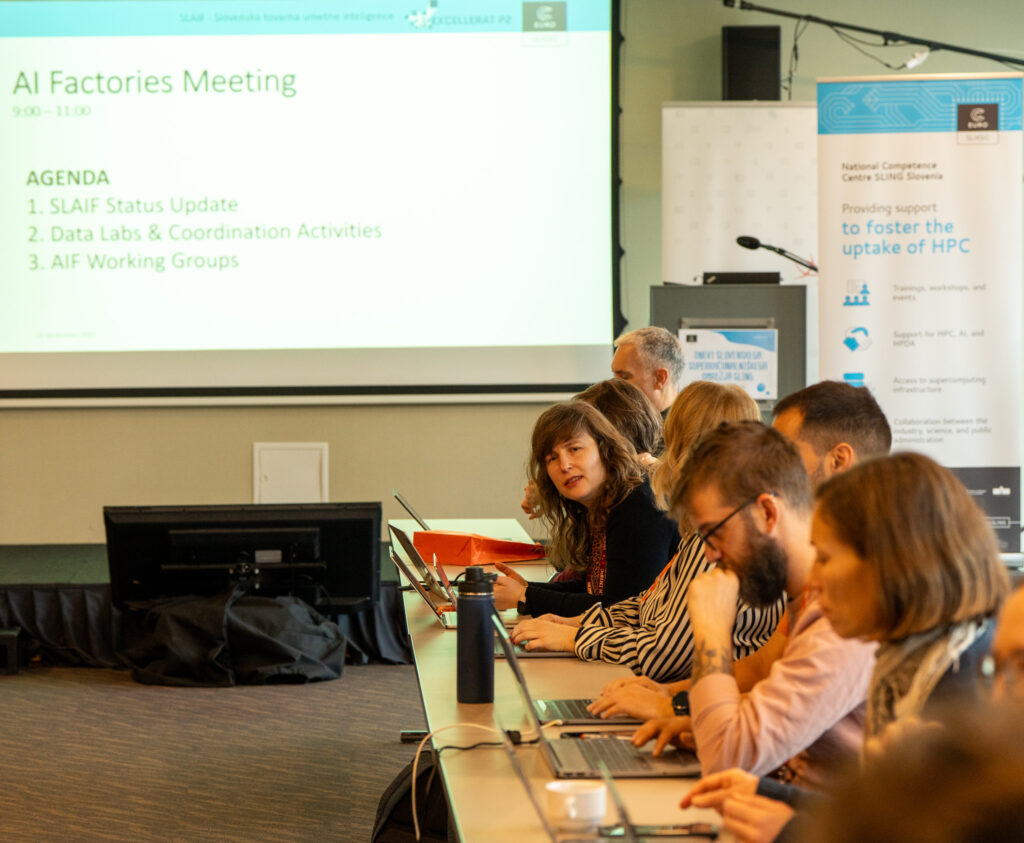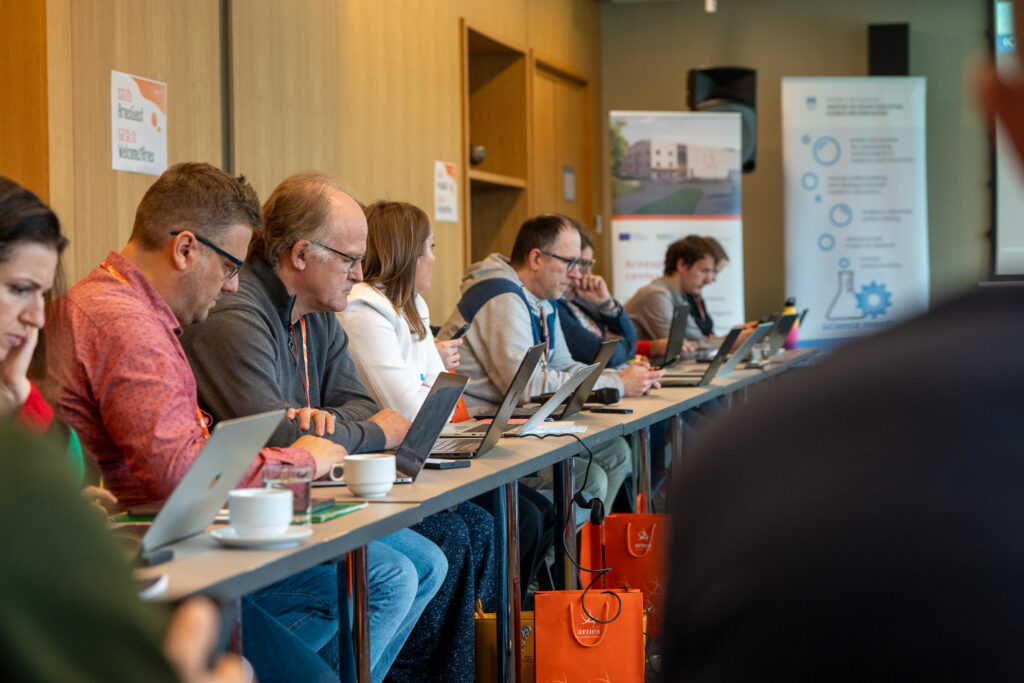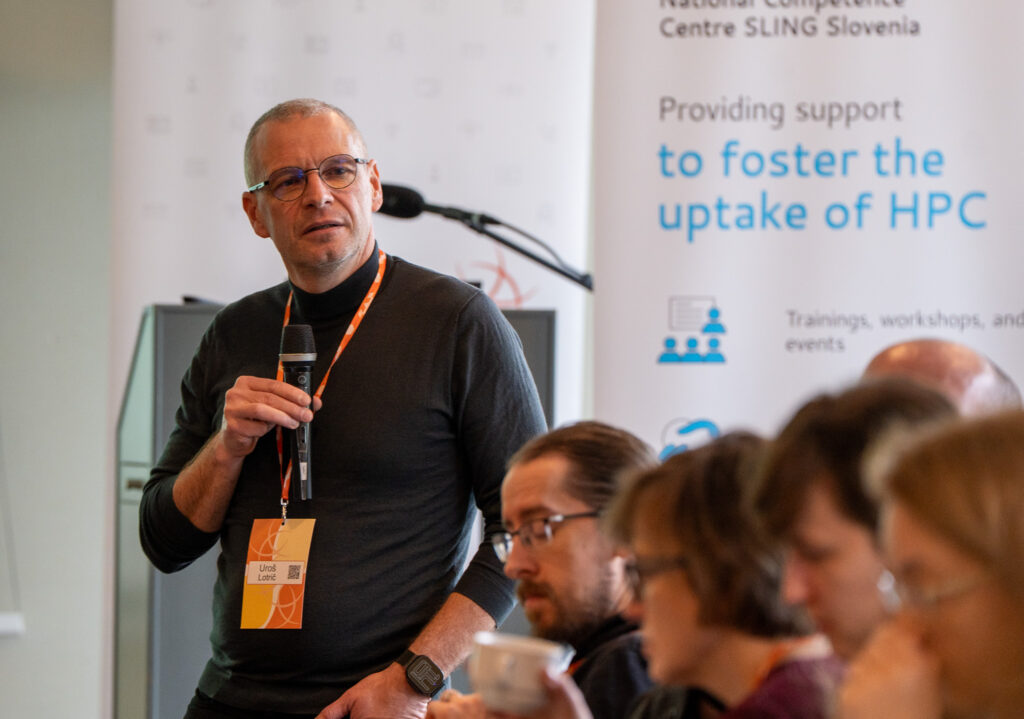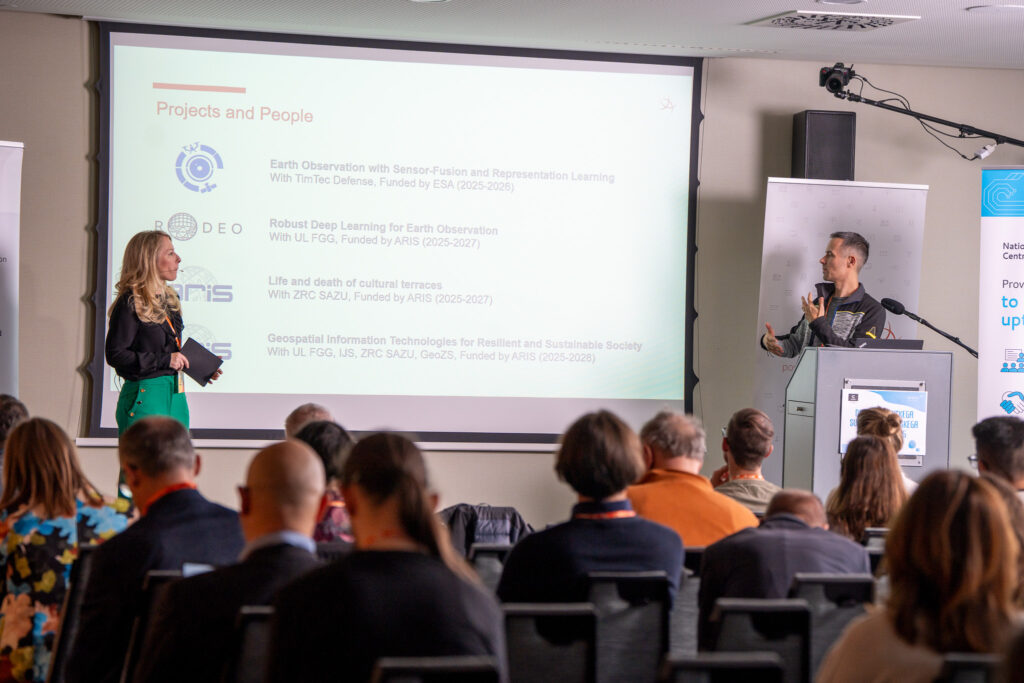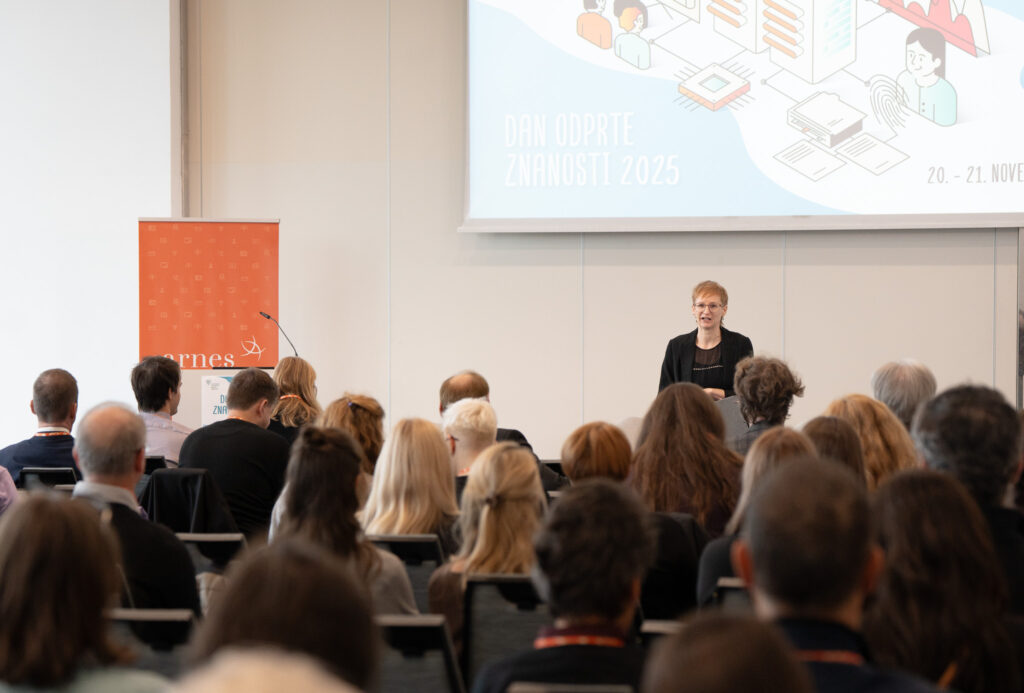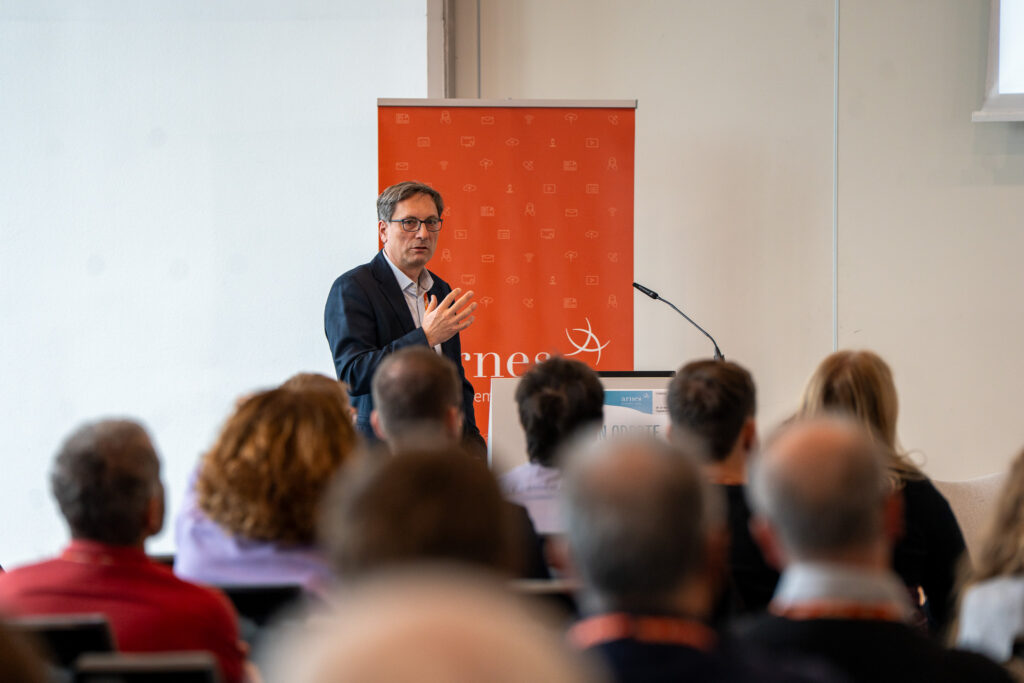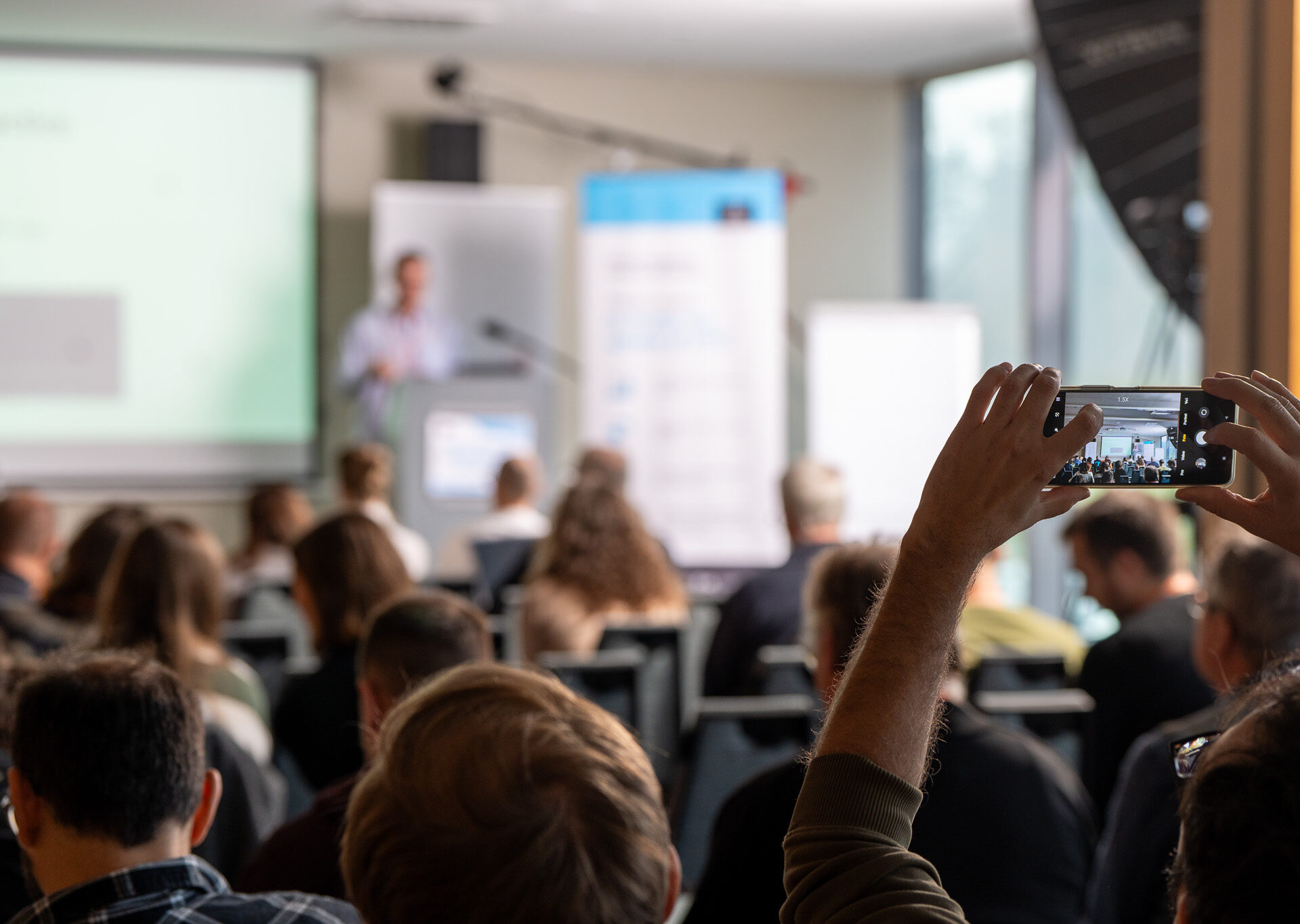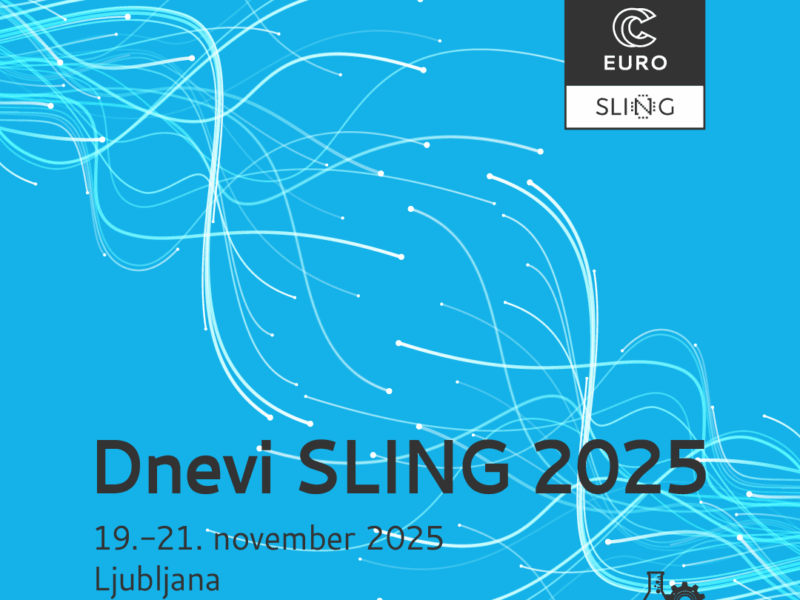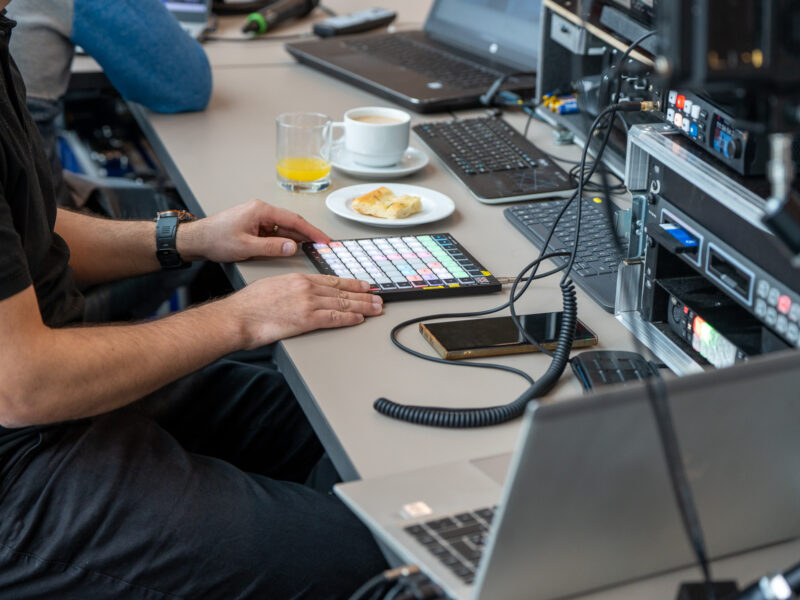SLING Days 2025: Supercomputing as a Driver of Research, Innovation, and Collaboration
Once again, SLING Days have proven to be the leading Slovenian event in the field of high-performance computing (HPC) and artificial intelligence. Organized by the National Competence Centre for HPC (NCC SLING) in cooperation with leading research institutions and European initiatives, the conference took place as part of the ARNES conference Mreža znanja, reaffirming its role as a key platform for connecting researchers, industry, and policymakers.
The three-day event, held from November 19 to 21, brought together numerous domestic and international experts , highlighting the rapidly growing importance of supercomputing and artificial intelligence in developing research, strengthening industrial competitiveness, and co-creating technologically advanced policies. As a hybrid event gaining increasing recognition across Europe, it attracted numerous participants from Slovenia and abroad.
HPC and AI as the Foundation of the Modern Innovation Ecosystem
High-performance computing and advanced artificial intelligence are playing an increasingly vital role in breakthroughs across sectors such as biomedicine, energy, predictive modeling, scientific simulations, and industrial optimization. SLING Days are becoming a key meeting point where research needs, technological capabilities, and strategic national and business interests converge.
Participants emphasized that with strategic investments in supercomputing systems and skills development, Slovenia can keep pace with global trends and strengthen its position in the European digital space.
Three Days of Collaboration, Dialogue, and Concrete Examples
The first day focused on a meeting of representatives from national HPC competence centers, centers of excellence, and European AI factories. With the launch of the Slovenian AI Factory (SLAIF), representatives from Slovenia, Austria, Croatia, Poland, Cyprus, and Germany discussed shared technological challenges and plans to strengthen the European HPC-AI ecosystem. Co-organized with NCC Austria, EXCELLERAT P2, and SLAIF, the day highlighted the importance of international collaboration in supporting AI-based solution development for researchers, businesses, and innovation teams.
The second day showcased real-world examples of how HPC is essential for progress. Speakers from diverse fields such as medicine, environmental forecasting, industry, geographic information systems, and genomics illustrated the transformative role of supercomputing. Among them: Dr. Tilen Potisk (Jožef Stefan Institute) presented microstructure simulations for advanced medical therapies; Assoc. Prof. Luka Čehovin Zajc (Faculty of Computer and Information Science, University of Ljubljana) discussed satellite data processing challenges; Jure Cedilnik (ARSO) introduced next-generation weather forecasting systems; Dr. Barbara Jenko Bizjan spoke on national genomics initiatives; Bojan Miličić (MEDIUS Inc.) presented a big data platform for manufacturing; Jaša Dimič (PRIOT digital systems) demonstrated bark beetle detection models. Technical perspectives were enriched by insights on advanced architectures and programming models, presented by Dr. Ezhilmathi Krishnasamy and Dr. Rishabh Saxena. The presentations clearly showed that HPC is no longer just infrastructure—it is a strategic tool enabling faster decision-making, shorter development cycles, and greater global competitiveness. A significant portion of the program also addressed the development of European AI factories, with approaches shared by representatives from Austria, Croatia, Cyprus, Slovenia, and Norway (Christodoulos Stylianou, Emir Imamagić, Dr. Andreas Lindner, Dr. Andrej Filipčič, Dr. Jan Jona Javoršek, Abdulrahman Azab Mohamed). National infrastructure and funding opportunities for researchers and industry were presented by Dr. Žiga Zebec, Samo Miklavc, Dr. Klara Kropivšek, and Tina Črnigoj Marc. The day was moderated by journalist and editor Maja Ratej.
The final day, titled “Connecting Science”, was dedicated to the Slovenian EOSC tripartite event, bridging the domains of HPC and open science. It brought together representatives from the European Commission, the EOSC Association, and experts from research infrastructures, supercomputing centers, and Slovenia’s open science community. Key speakers included Dr. Igor Papič, Minister of Higher Education, Science and Innovation, Bertil Egger Beck and Peter Szegedi from the European Commission, and Sara Garavelli, Director of the EOSC Association.
The discussions unanimously underscored the vital role of research infrastructures, HPC capabilities, and national nodes, along with Slovenia’s growing commitment to a connected and open European research area. Strategic opportunities were also highlighted, including the construction of a new data center, the establishment of a national EOSC node, and the importance of coordinated open science policies.
Participants stressed the need for greater interoperability, aligned investments, and closer integration of data services with supercomputing networks. A concluding panel confirmed that HPC is a key enabler for data-intensive research. The event closed with a strong message: the future of the EOSC Federation will depend on close collaboration between research infrastructures, national nodes, and HPC networks—with Slovenia actively contributing to building an open, efficient, and interconnected European research ecosystem.
Advancing Technology, Together
This year’s SLING Days reaffirmed that the future of innovation lies in collaboration—between researchers, businesses, developers, and policymakers. Only through shared efforts can advanced technologies become tools for better decisions, sustainable solutions, and a more competitive economy. Together, we will continue building an environment where supercomputing, artificial intelligence, and open science drive research excellence and the development of cutting-edge technologies in Slovenia.
